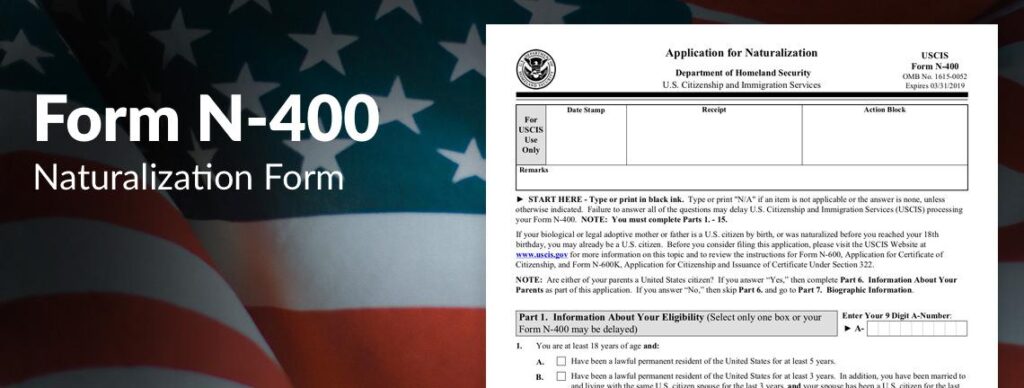
The outlook for timely work visa processing is bleak for both skilled and unskilled workers from all countries and also for professionals with master’s and other advance degrees who were born in China or India.
Green cards are allocated within each employment visa category based on demand and date that the applicant began processing. In all the categories mentioned above, demand exceeeds supply, so final approvals (adjustment of status for applicants within the U.S., an immigrant visa for those who are overseas) are rationed out based on application date. Each month the Department of State publishes its Visa Bulletin establishing cutoff dates for the month to come. Ideally, the cutoff dates advance month-to-month, but if demand is very high or more visas were issued than anticipated, the cutoff dates can move backward (retrogress) or be cut off entirely.
According to recent State Department reports future progress will be slow. In the past many numbers were added to the EB-3 skilled or bachelor’s degree worker category based on not being used by higher categories like investors, religious workers and extraordinary ability or advanced degree workers. Usage in all of those categories has grown a lot in the last few years, and fewer visas are flowing down to EB-3. Because no country’s natives can receive more than 7% of the visas in any category, natives of China and India are at a particular disadvantage.
Currently the only skilled or bachelor’s degree workers able to receive final approvals are Indians who began applications prior to April 22, 2001 and natives of other countries who began their applications prior to June 1, 2002. In the advanced degree worker category native of China who began their applications prior to April 1, 2005 are elgible to complete processing, as are natives of India who began their process prior to January 2, 2005.
It is a dispiriting process for companies and their employees to go through years of complex processing only to discover that they must wait for years morre before their cases can finally be approved. Although the debate about immigration reform centers on immigrants who are out of status, it is important that we also resolve to fix the tortuously slow, inefficient process that legal workers have to go through.



